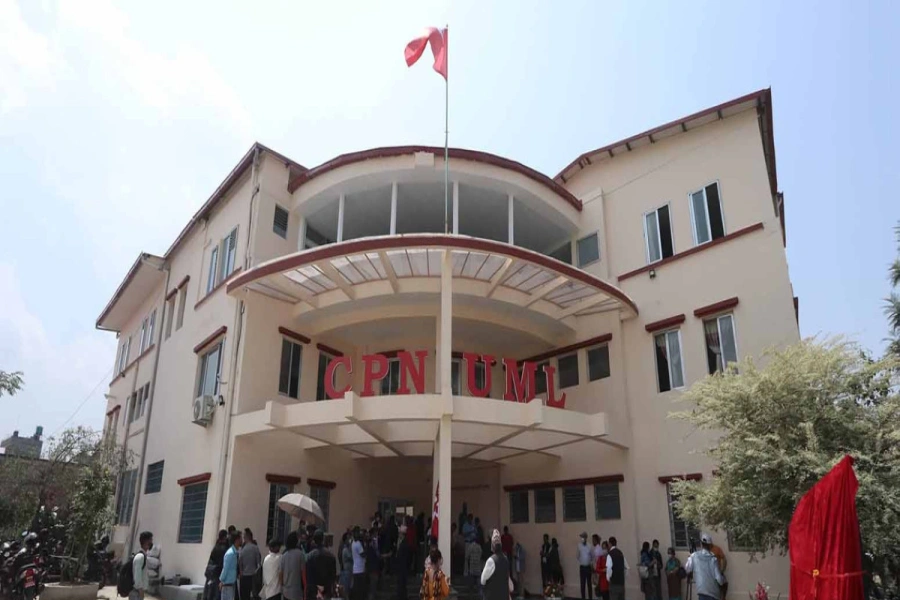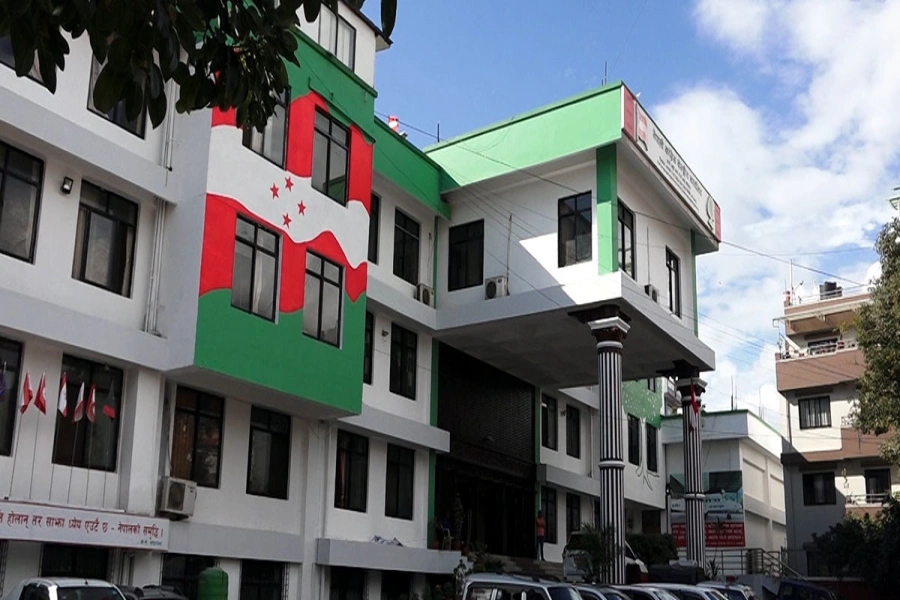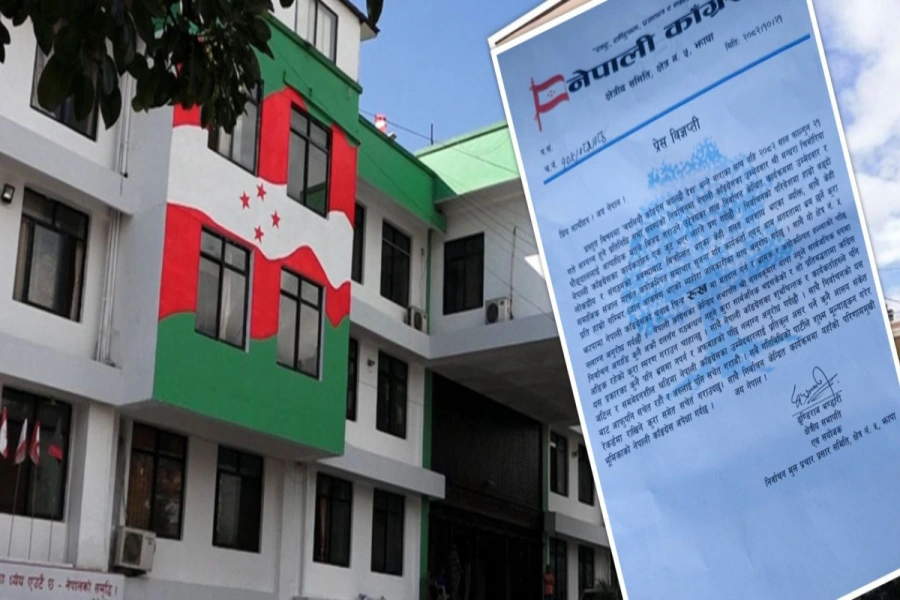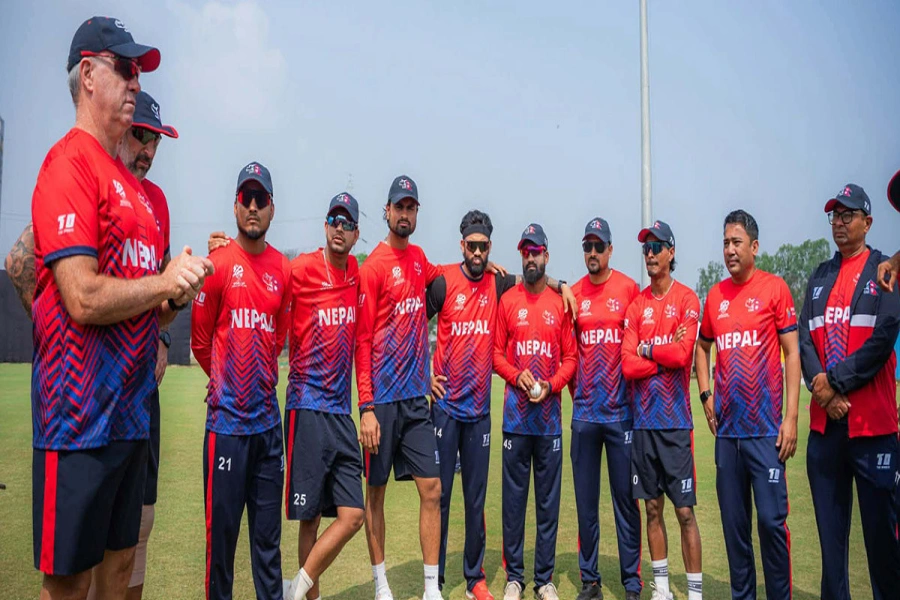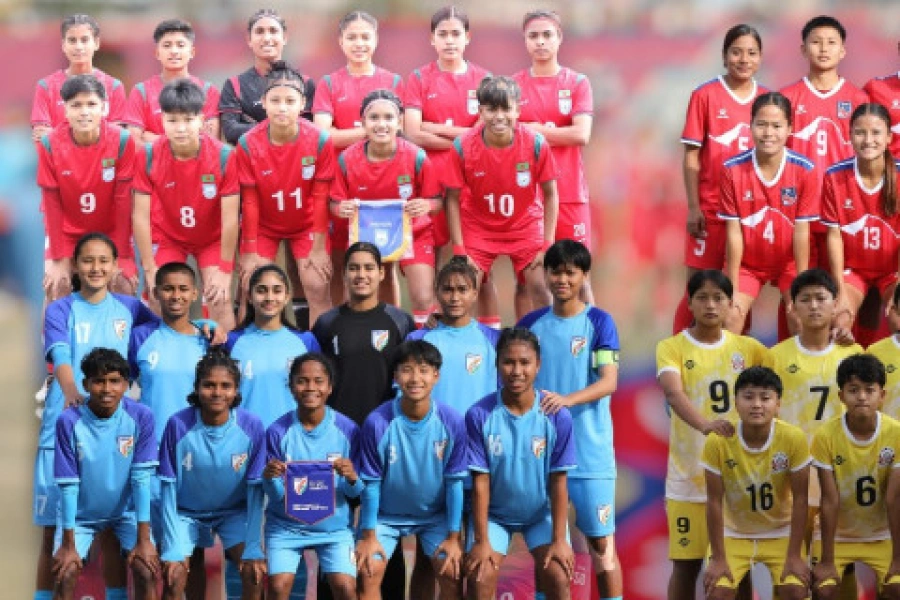By directly purchasing vegetables from local farmers, Chautara Sangachok Gadhi municipality has not only alleviated the hardships faced by farmers but also set an admirable precedent for other local governments to follow.
The agricultural sector is the backbone of a thriving economy, and we are pleased to witness the proactive efforts of the local government of Chautara Sangachok Gadhi municipality in Sindhupalchowk. By directly purchasing vegetables from local farmers, the municipality has not only alleviated the hardships faced by farmers but also set an admirable precedent for other local governments to follow. In the past, farmers in Chautara had to navigate the complexities of selling their produce through market houses, often resulting in unsold vegetables being wasted or sold at a meager price. However, the municipality's decision to buy directly from farmers has relieved them of this burden and provided a reliable market for their produce. This move has sparked excitement among the local farming community, as they no longer have to worry about finding a market or suffering losses due to unsold vegetables.
Reduce number of ministries in provincial governments

Mayor Krishna Prasad Sapkota deserves recognition for his vision and commitment for the development of the agricultural sector. Recognizing the interconnectedness between agriculture and the well-being of the city's residents, Mayor Sapkota has taken a bold step by connecting farmers directly to the market. By assuming the responsibility of marketing their produce, the municipality is injecting new energy into commercializing the agricultural sector, benefiting both farmers and consumers. This strategic approach aims to make the municipality self-sufficient in vegetable production, an admirable and worthwhile goal. The municipality purchases all vegetable products from farmers, ensuring they receive fair prices for their hard work. The city's collection and moisture center, located in the main market of Chautara, serves as a hub for buying and selling the collected vegetables. To mitigate potential losses for farmers, the municipality has also arranged for unsold vegetables to be transported to the capital, where they can be sold. Direct payments to farmers' bank accounts every 15 days further exemplify the municipality's commitment to fair trade and prompt remuneration.
The positive impact of the municipality's initiative is evident from the increasing number of farmers flocking to the collection center to sell their vegetables. Previously, limited market opportunities for vegetables such as tomatoes resulted in waste and lost income for farmers. However, with the municipality's direct purchases, even tomatoes find a market in Kalimati. This not only reduces wastage but also demonstrates the tremendous potential of an organized agricultural market. Chautara Sangachok Gadhi municipality boasts several areas known for exceptional vegetable production, including Kubinde, Chautara, Garigaon, Kalleri, and Daduwa. These areas have gained recognition for producing high-quality potatoes, cauliflower, cabbage, radish, greens, and chillies. By embracing and promoting these unique regional products, the municipality contributes to the development of local brands, fostering a sense of pride among farmers and enhancing the region's reputation.
The long-term implications of this initiative extend beyond immediate gains. By encouraging commercial cultivation and creating a favorable ecosystem for farmers, Chautara Sangachok Gadhi Municipality is sowing the seeds for sustainable agricultural growth. Mayor Sapkota's personal background as a farmer instills confidence in the farming community, assuring them that their concerns are understood by someone who has experienced their challenges firsthand. This commitment to agriculture is reflected in the municipality's plans to increase the budget allocated to the agricultural sector, ensuring continued support and progress. To further bolster their efforts, the municipality is constructing a moisture center in Kubinde. This ambitious project, with financial support from both the city and the federal government, aims to enhance the organization and efficiency of the collection center. Additionally, the municipality plans to introduce an agricultural ambulance, further emphasizing their commitment to the welfare and prosperity of farmers.
Needless to say, Chautara Sangachok Gadhi Municipality has set an admirable example for other local governments to follow. By empowering farmers, creating a reliable market, and promoting agricultural professionalism, they are paving the way for increased domestic production and self-sufficiency. The success of this initiative not only benefits farmers but also ensures a steady supply of fresh and locally sourced vegetables for consumers. As a newspaper, we urge other local governments to learn from this model and take similar steps to empower their farming communities, creating a robust and prosperous agricultural sector nationwide.




